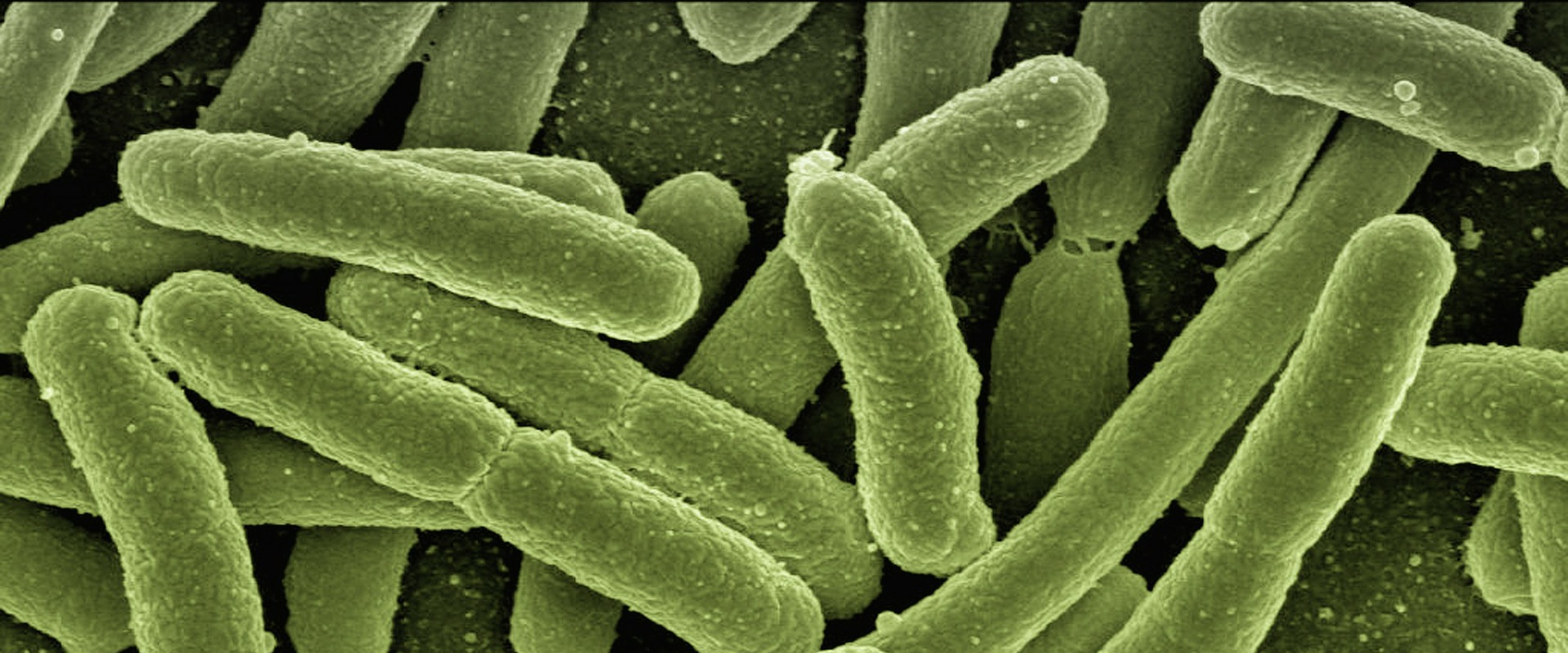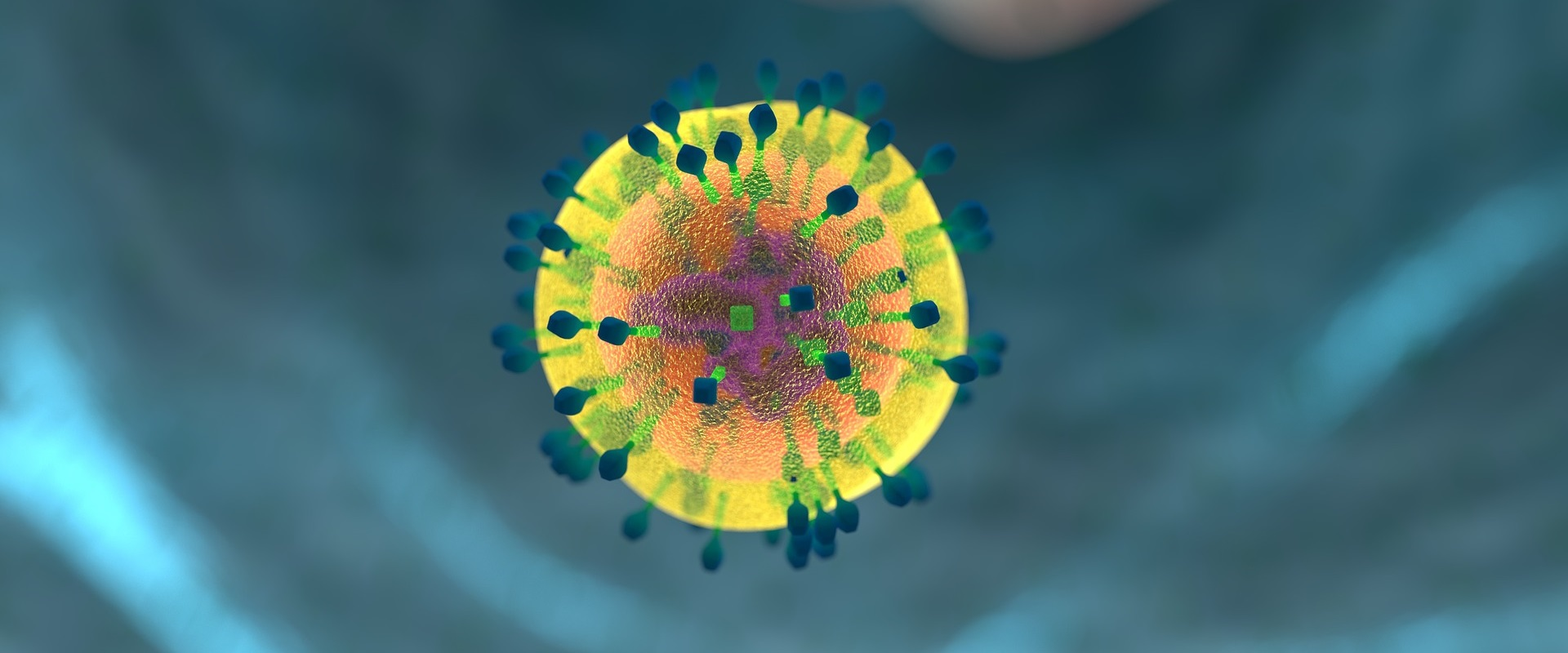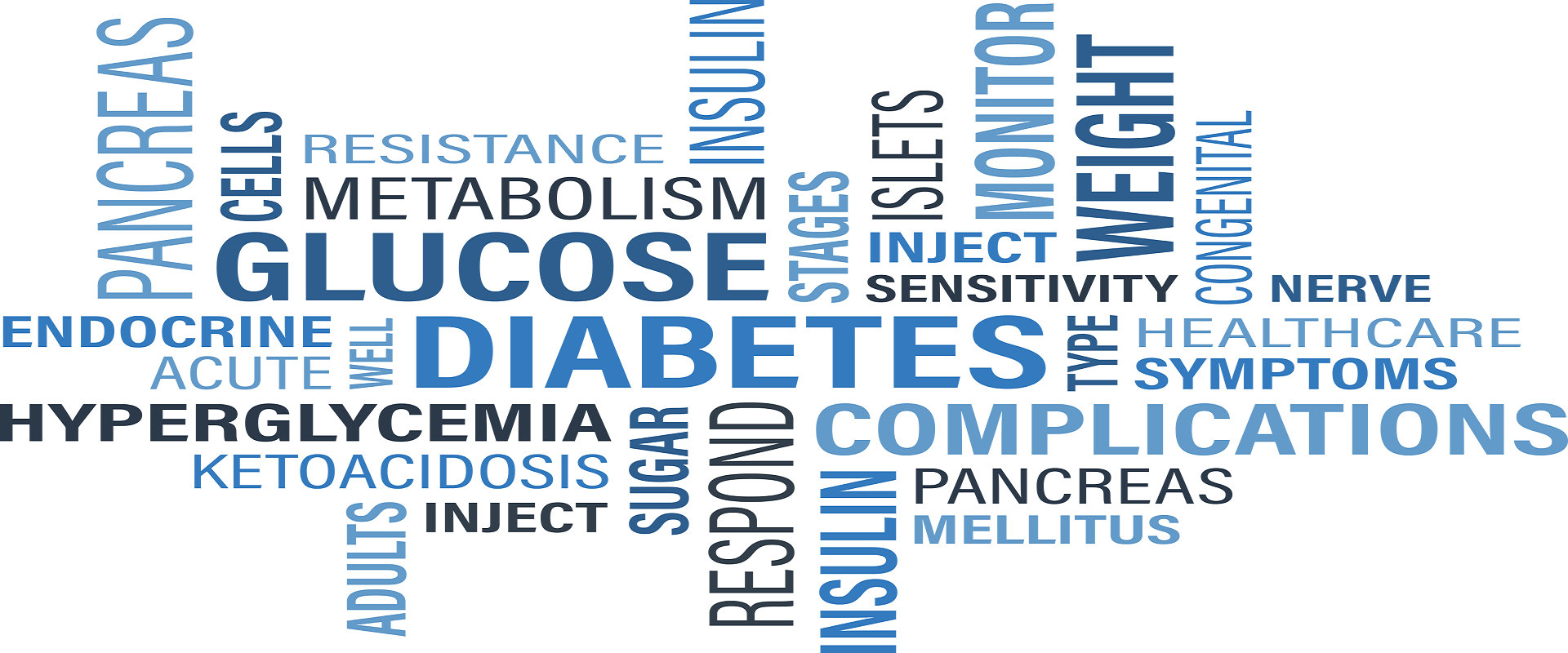
Study on the Microbiome and its Role in Obesity and Metabolic Syndrome
Prof. George Weinstock
Professor, Evnin Family Chair and Director of Microbial Genomics, Jackson Laboratory
Dr. Eran Elinav
The Rina Gudinski Career Development Chair, Weizmann Institute of Science
Kevan Herold, MD
Professor of Immunobiology and Internal Medicine, Yale School of Medicine
Project: Prof. George Weinstock of JAX and Dr. Eran Elinav will collaborate on a study of immunological and microbial contributions to obesity and the metabolic syndrome. Dr. Elinav, who completed his postdoctoral fellowship at Yale, is a physician-scientist (MD Ph.D.) and a member of the Weizmann Institute's Department of Immunology; his group studies the roles of microbiome-host immune interactions in health and disease. He is the incumbent of the Rina Gudinski Career Development Chair. Dr. Weinstock is Professor, Evnin Family Chair and Director of Microbial Genomics at JAX and former leader in the Human Genome Project, the Human Microbiome Project, and other large-scale applications of genomic technology. He received his Ph.D. from MIT and completed his postdoctoral fellowship at Stanford University Medical School.





